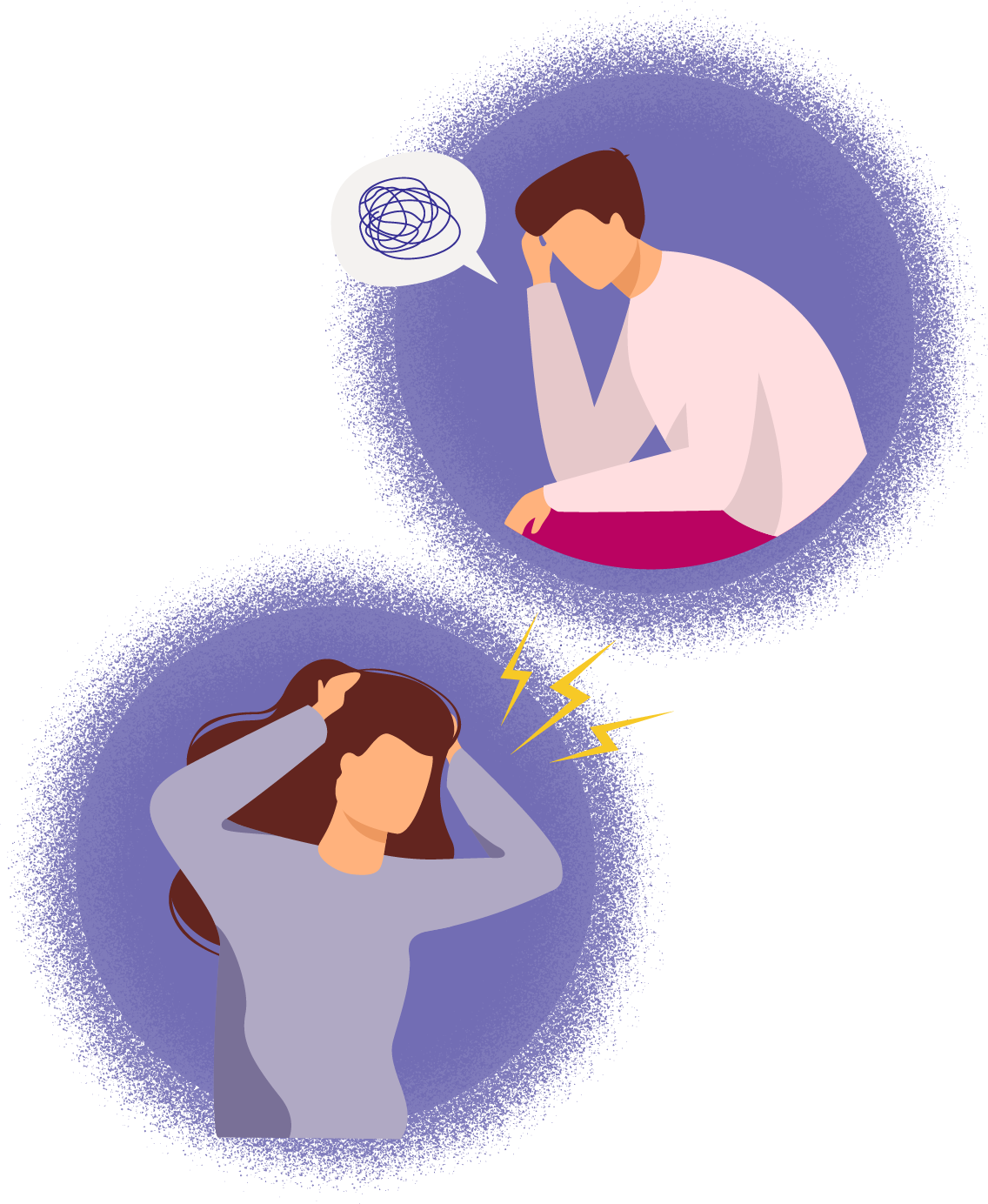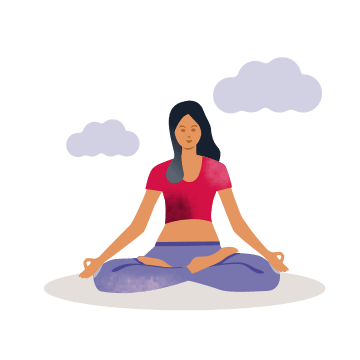Related articles

Stress vs Anxiety: Knowing Their Differences
Stress and anxiety may induce similar feelings, but did you know they are more different than you think? Let’s take a closer look.

For the unfamiliar eye, it can be difficult to spot the differences between stress and anxiety. Here’s a clearer look at how they differ and how you can manage them.

What is Stress?
Stress is a feeling that makes you frustrated, angry, or nervous. It’s also your body's reaction to a challenge or demand.
A healthy amount of stress can motivate you to accomplish tasks, but an overwhelming amount can cause depression and may even lead to heart disease.
Symptoms:
Faster heartbeat, faster breathing, anxious thoughts, moodiness, irritability, or anger, unhappiness, an overwhelming feeling, loneliness, nausea, dizziness, diarrhoea or constipation.
What is Anxiety?
Anxiety is an emotion that causes an increase in alertness and fear. It can also be a subsequent reaction to stress.
Long-term anxiety causes emotional distress and can even lead to severe anxiety disorder if left untreated.
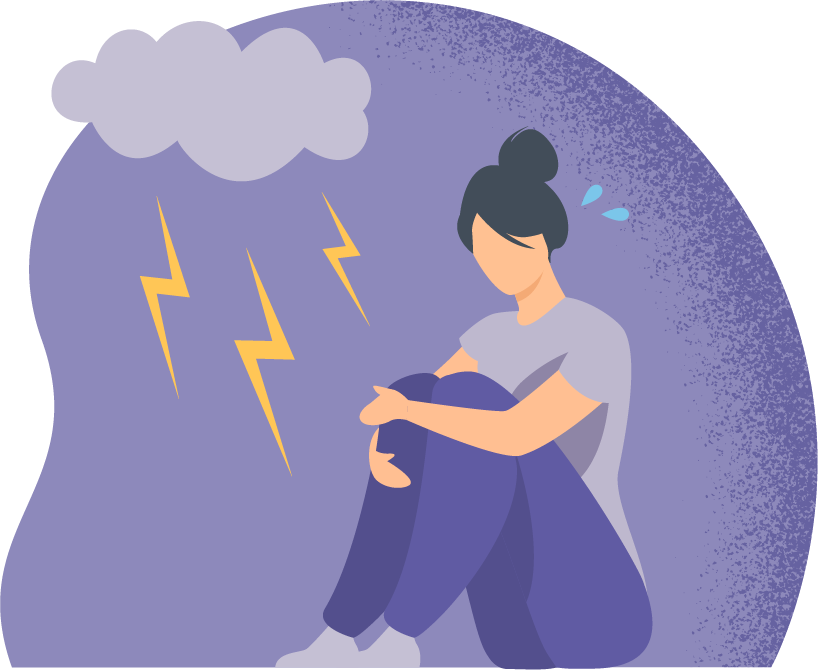
Symptoms:
Faster heartbeat, faster breathing, a feeling of unease or dread, sweating, diarrhoea or constipation, nervousness, tenseness, restlessness.
How Are They Different?
Stress is your natural response to threats and tends to last until the triggering situation has passed. Anxiety can have no triggers, becoming a state of mind that persists beyond a stressful situation.
Managing Stress
To live happier and healthier, you can manage stress by taking a break.
With the extra time on hand, you can get back to doing things that bring you joy, like watching a movie or just doing nothing.
Stress relieving activities can help too and most don’t require a lot of time or planning! Here are a few examples:
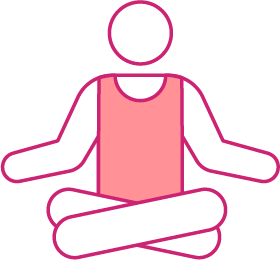
Meditation
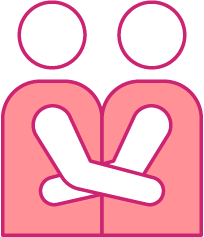
Reconnecting with loved ones

Keeping a journal
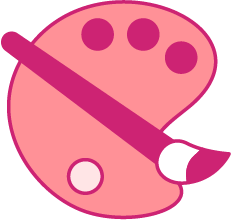
Channelling creativity via drawing or dancing

Listening to your favourite music
Managing Anxiety
You can prevent anxiety from worsening by having a healthy routine.
Start by getting enough sleep and practise a balanced diet. Also, get exercising with AIA Vitality, AIA’s unique health programme that rewards you for your healthy choices!
Talking through your feelings with a trusted friend or counsellor can help relieve anxiety too. If symptoms persist, it’s best to speak to a trained psychologist or consider the following treatments:

Cognitive Behavioural Therapy (CBT)
A discussion-based therapy that teaches you to manage your thought process and behaviour when anxious.
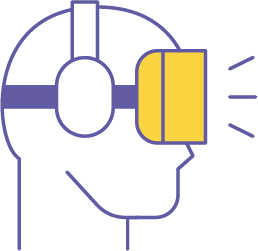
Exposure Therapy
A psychological treatment developed to let you confront your fears in a safe environment and build a tolerance.
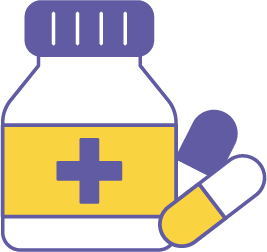
Medication
Prescribed anti-depressants or sedatives that provide short-term relief from your symptoms.
The Bottom Line
It’s natural to have some stress or anxiety in life, especially in the past few years where we had to navigate the challenges of the COVID-19 pandemic.
Knowing the differences between stress and anxiety will put you in a better position for that first step – getting the help you need – and to live a healthier, longer and better life.
https://www.heretohelp.bc.ca/q-and-a/whats-the-difference-between-anxiety-and-stress
https://www.apa.org/topics/stress/anxiety-difference#:~:text=People%20under%20stress%20experience%20mental,the%20absence%20of%20a%20stressor.
https://www.cdc.gov/mentalhealth/stress-coping/cope-with-stress/index.html
https://www.healthline.com/health/stress-and-anxiety#:~:text=Stress%20is%20any%20demand%20placed,fear%2C%20worry%2C%20or%20unease.
https://medlineplus.gov/anxiety.html#:~:text=Anxiety%20is%20a%20feeling%20of,before%20making%20an%20important%20decision.
https://www.health.qld.gov.au/news-events/news/mental-health-explained-anxiety-disorder-queensland
https://www.bridgestorecovery.com/blog/5-ways-to-tell-the-difference-between-stress-and-anxiety-when-to-get-help/

